Back to Courses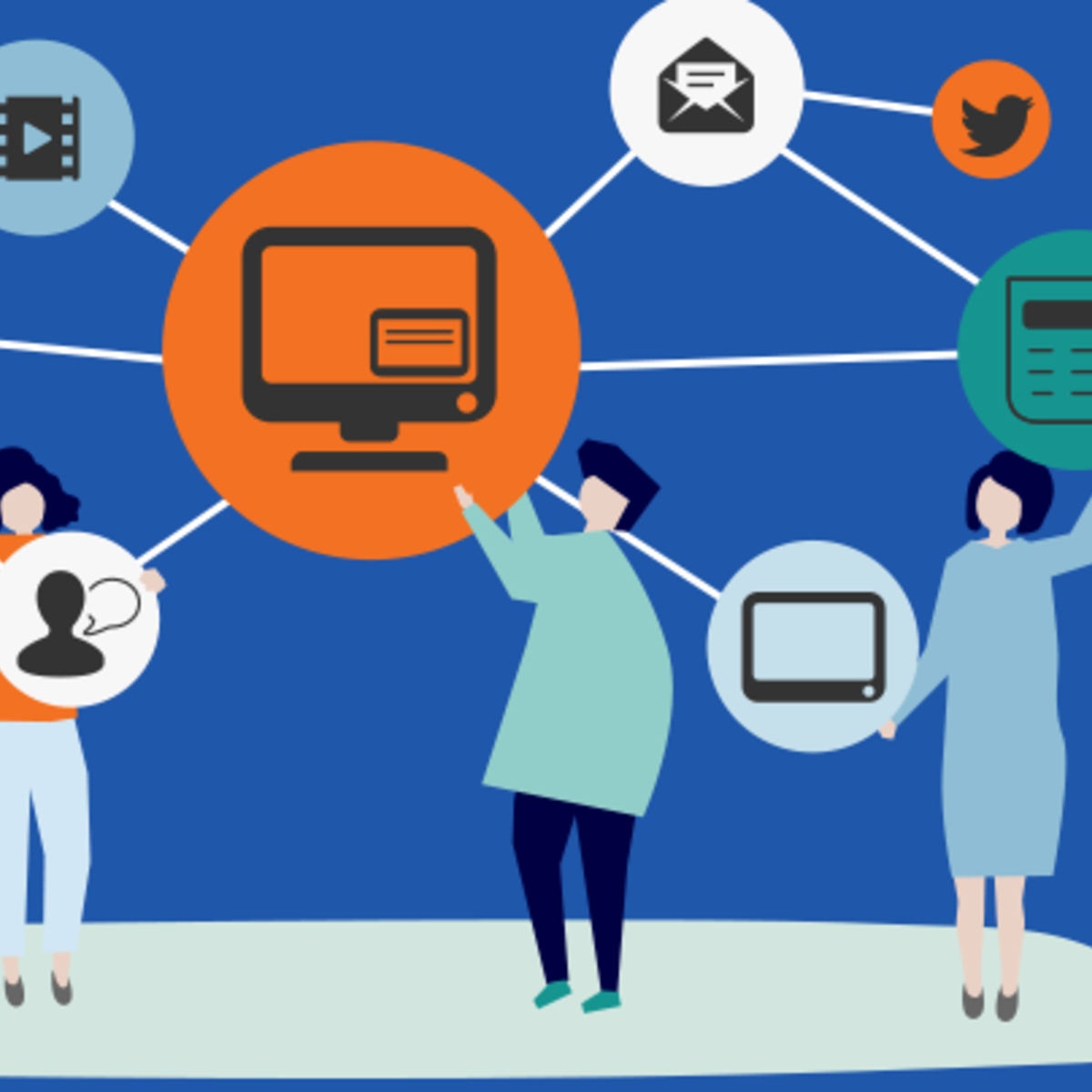

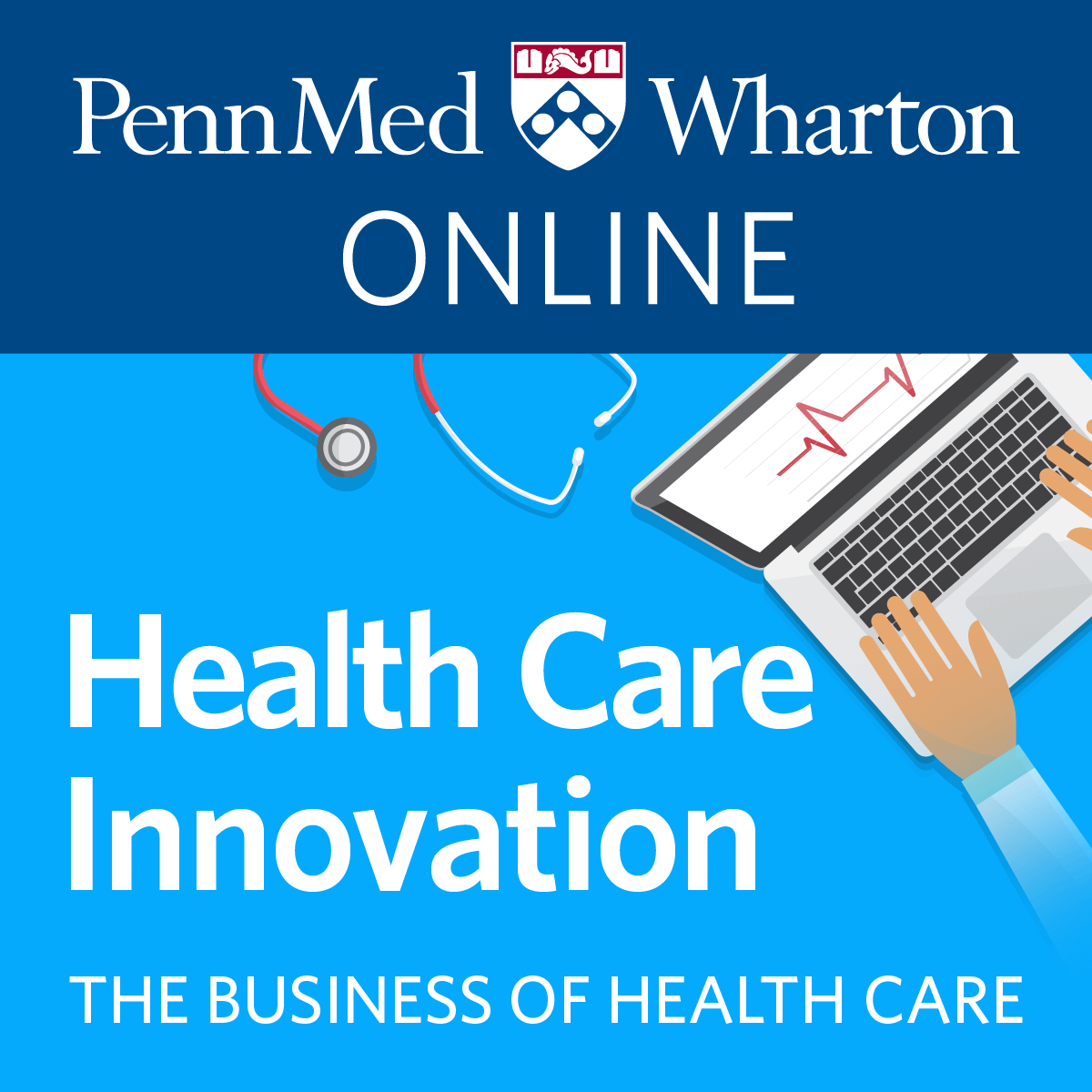


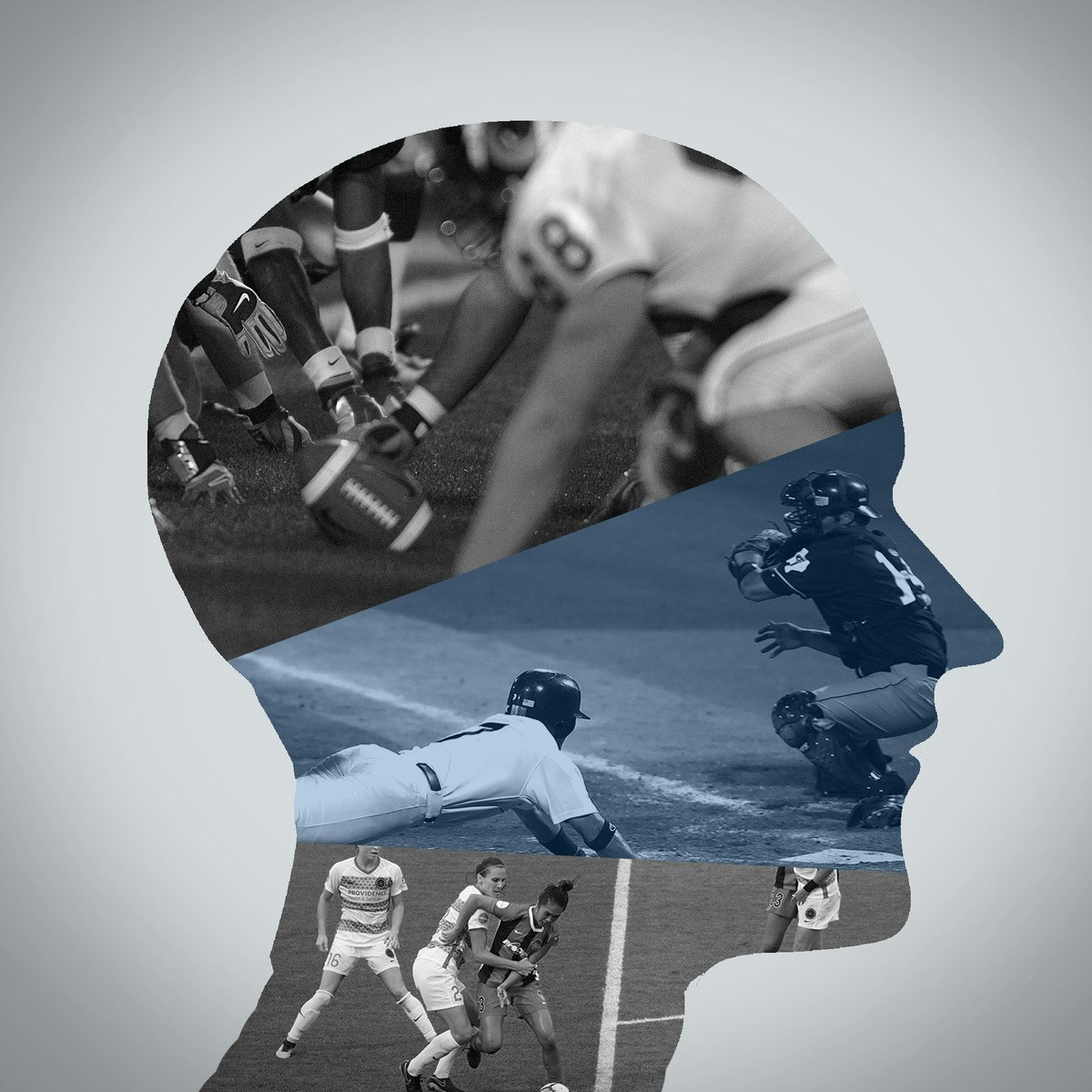

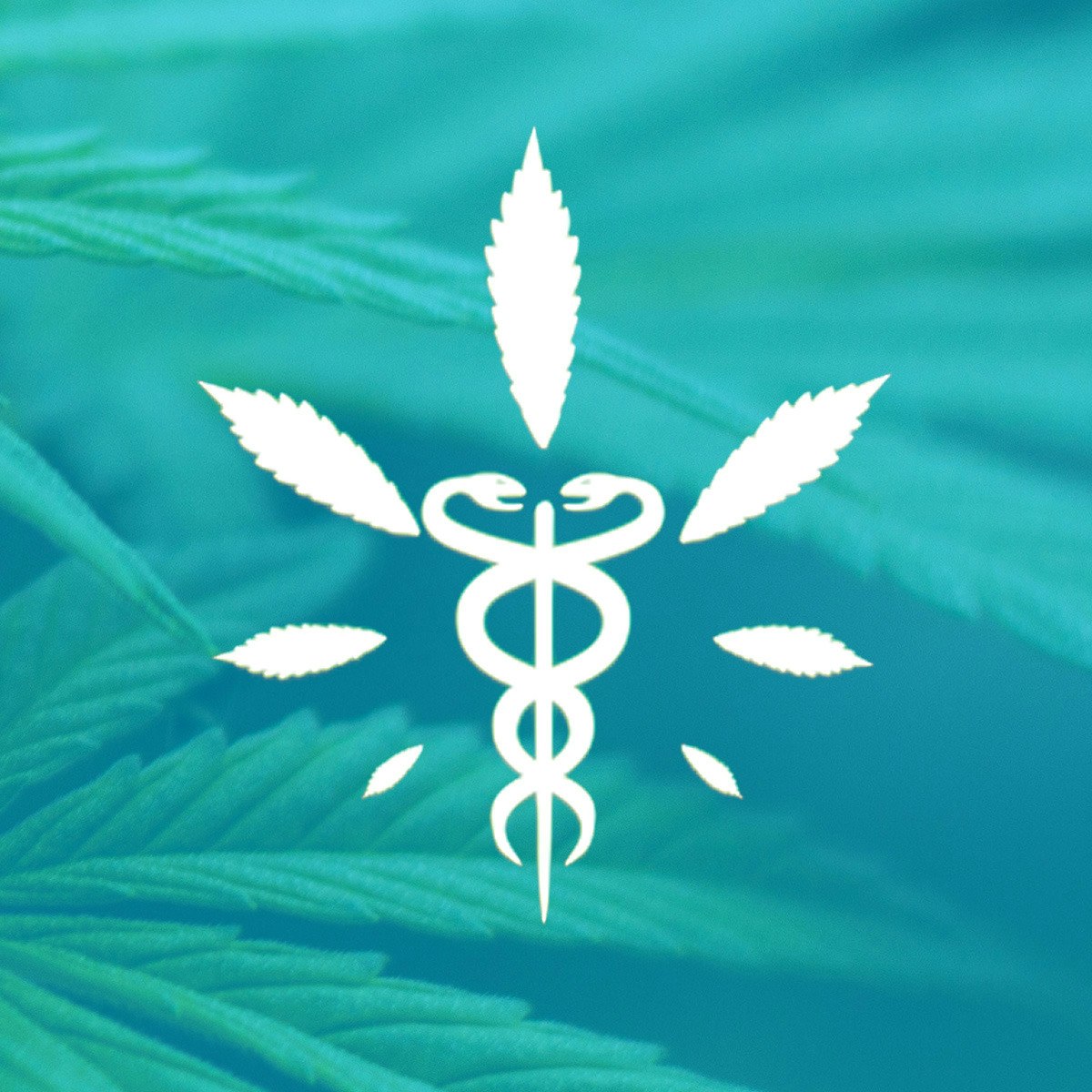
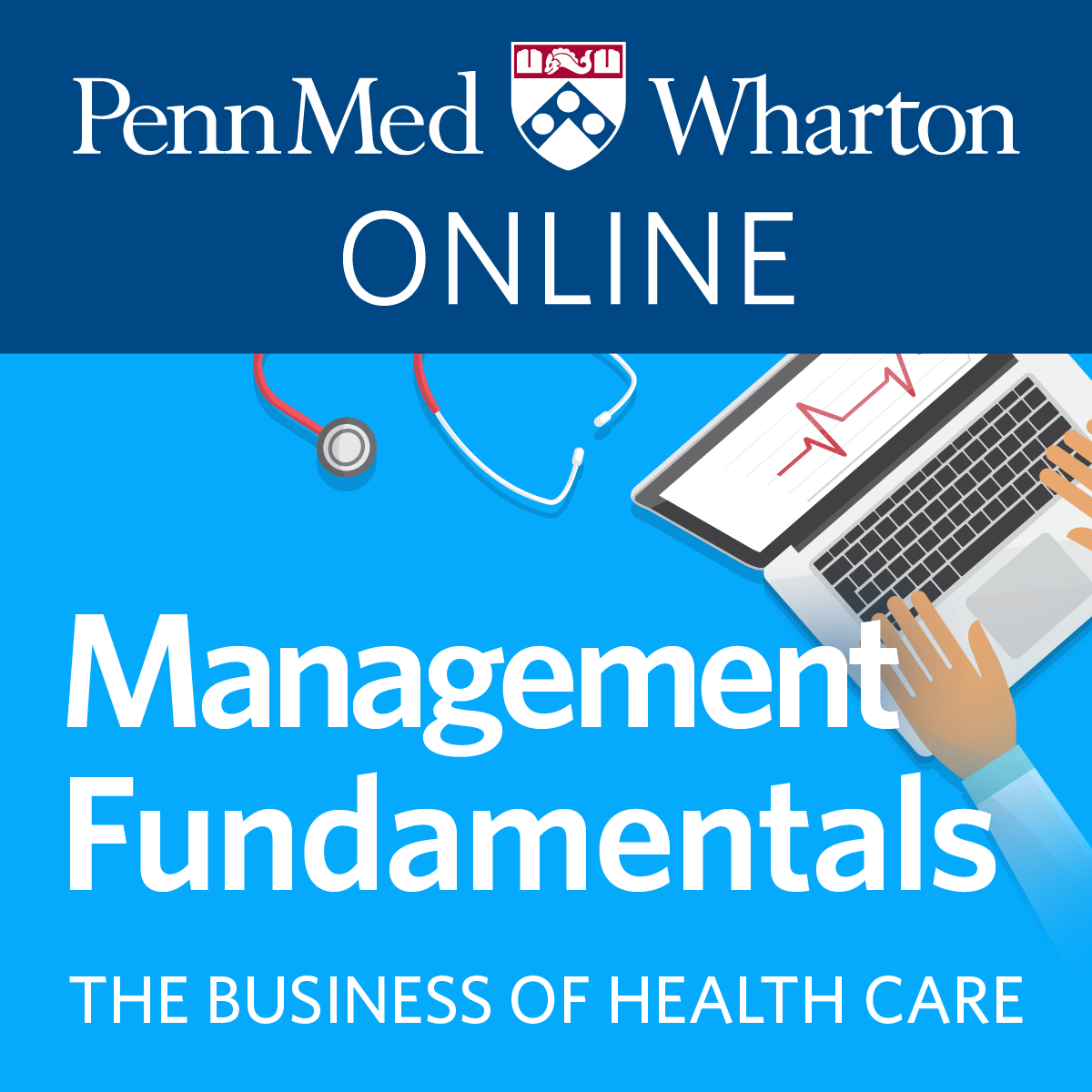

Life Sciences Courses - Page 14
Showing results 131-140 of 644

Foundational Skills for Communicating About Health
Effective communication is a core skill that nearly every health professional will need and use during their careers. Yet, few health professionals receive even basic training in how to design communications to be clear and successful. As “foundational skills,” the content in this course can be applied to both oral and written communication, within and beyond health.
Learners will develop the skills to: analyze and tailor a communication effort for different audiences, develop clear messages, create logical and compelling stories, understand and apply important considerations with language as well as nonverbal communication.
This course is valuable and appropriate for both beginning and experienced health professionals who need to communicate effectively with other professionals, patients, policymakers, or the broader public.. Content is relevant to public health professionals, clinicians of all types (medical, nursing, dentists, social work, etc.), health advocates, and scientists and researchers in any health domain..

Introduction to Medical Software
In this class, we present a broad overview of the field of medical software. You will learn from Yale professors and a series of industry experts who connect the course concepts to their real world applications.
We begin by discussing medical device regulatory structures, data privacy and cybersecurity regulations, and key support technologies such quality management systems and risk management. We then take a detailed look at the medical software life cycle, starting with identifying user needs, mapping these to system requirements and then the process of software design, coding, testing and validation. We continue by exploring issues related to the use of machine learning techniques in medical applications from both a software engineering and a regulatory perspective. We conclude with a discussion of the business and management issues in this area focusing on the impact on digital health on modern healthcare and issues related to starting new ventures.
This is a class aimed at either third- or fourth-year undergraduates in computer science, biomedical engineering, and related fields, and to junior software engineers currently either working in, or interested in moving to, the medical device industry.

Health Care Innovation
In this course, you’ll learn the foundational economic theories behind health care innovation and how to optimize your own health care practice or organization. Designed to help you gain a practical understanding of the theoretical frameworks of behavioral economics and operations management in the health care setting, this course will help you apply these frameworks to assess health care practices and apply innovation while managing risk. You’ll also explore the best practices for evaluating one’s innovative practices, using real-life examples of success to see the concepts in action. By the end of this course, you’ll have honed your skills in optimizing health care operations, and be able to develop the right set of evaluations and questions to achieve best innovative practices within your organization.

Introduction to Food and Our Environment
This course is designed to help learners around the world become more sustainable eaters. Course videos can be watched in any order. Feel free to explore special areas of interest by skipping ahead and coming back to less familiar topics at a later stage. Together, we’ll explore key topics, like how food production impacts the environment and why meat production and protein consumption are often at the center of the debate around sustainability. We’ll introduce the pros and cons of different kinds of agriculture, fishing and food packaging, with a focus on how we can make more environmentally friendly decisions on a daily basis. We’ll also look ahead and explore some of the technology innovations that could become increasingly important as we look at the future of food for a growing global population. If this is the first course you’ve ever taken on food and sustainable eating, you’ll come away with concrete tips for how you can make food choices that will protect the world we hand over to the next generation. Our planet needs many people making small changes in the right direction and we’re here to help with that. If you’re an expert in food sustainability, we hope to offer you some tools that could help you to communicate key messages to others in simple, digestible ways. Whatever your level, we hope you’ll join this discussion as we explore, together, the ways in which we can all become more sustainable eaters.
The beautiful story animations were scripted by Lucas Oliver Oswald and animated by Janine Van Schoor.
Special thanks to: Lucas Oliver Oswald, William Bottini, Desiree Labeaud, Christopher Gardner, Sejal Parekh, Arielle Wenokur, Janine Van Schoor, Ann Doerr, Perry Pickert and the fantastic team at Friday Films.

Measuring Disease in Epidemiology
Epidemiological research is ubiquitous. Even if you don’t realise it, you come across epidemiological studies and the impact of their findings every single day. You have probably heard that obesity is increasing in high income countries or that malaria is killing millions of people in low income countries. It is common knowledge that smoking causes cancer and that physical activity is protective against heart disease. These facts may seem obvious today, but it took decades of epidemiological research to produce the necessary evidence. In this course, you will learn the fundamental tools of epidemiology which are essential to conduct such studies, starting with the measures used to describe the frequency of a disease or health-related condition. You will also learn how to quantify the strength of an association and discuss the distinction between association and causation. In the second half of the course, you will use this knowledge to describe different strategies for prevention, identify strengths and weaknesses of diagnostic tests and consider when a screening programme is appropriate.

Michigan Sport-Related Concussion Training Certification
Welcome to the Michigan Sport-Related Concussion Training Certification. In this course, you will learn about five key components of sport-related concussions: identify medical emergencies, debrief the Michigan Youth Concussion Legislature, review rest and rehabilitation principles after a concussion occurs, understand the return to learn and return to school progressions, and finally become knowledgeable of the potential long-term consequences of head impact exposure on brain health.
This course satisfies the state-mandated requirement for concussion training in the state of Michigan. In order to obtain the certificate, you must answer every question on the quiz correctly, which will be available at the end of this course. This course should take you approximately 20 minutes to complete.
The three lead instructors for this course, Dr. Steve Broglio, Dr. Matt Lorincz, and Dr. JT Eckner, are all affiliated with the Michigan Concussion Center, which strives to maximize societal and individual health through the relentless pursuit of concussion knowledge. Dr. Lorincz and Dr. Eckner are also affiliated with Michigan NeuroSport. The goal of Michigan NeuroSport is to inspire and implement solutions for prevention and treatment of sport-related concussions and their potential long-term consequences.
Note: If you successfully pass the quiz at the end of this course, you'll still receive an official Michigan Sport-Related Training Certificate, even though a related "Full Course, No Certificate" message appears in enrollment. Furthermore, an additional Coursera completion certificate will not be issued.

Traditional herbal medicine in supportive cancer care: From alternative to integrative
Please join us for an exciting and innovative journey, examining one of the most important and often overlooked aspects of the oncology setting:
Traditional Herbal Medicine in Supportive Cancer Care.
This course is presented with short lectures offering a wide range of issues related to the principles and practice of herbal medicine in cancer care. The course includes interviews with leading world experts from the field of Integrative Oncology, from the U.S. and Canada, as well as Europe, the Middle East, China and Japan.
By the end of the course, you will:
• Understand core concepts in Integrative Oncology, as they relate to the supportive/palliative cancer care setting
• Acquire effective communication skills which will foster a better understanding of patients' views on herbal medicine, while providing guidance on the safe and effective use of these products
• Be able to design, together with patients, caregivers and healthcare providers, a patient-tailored and cultural-sensitive integrative oncology treatment program, including the use of herbal medicine
• Be acquainted with leading "players" who can share their experience in creating and implementing an integrative oncology program
The course has been specially designed to provide information and guidance at a level appropriate for patients and non-medical participants, as well as medical professionals interested in receiving evidence-based guidance on the safety and effectiveness of herbal medicine in cancer care.

Medical Cannabis for Pain Control
Cannabis is a group of flowering plants that has been long used for industrial, recreational and medical purposes. When relating to its medical use, the terms "Medical Cannabis" or "Medical marijuana" has become prevalent. In this course we will use the term "Medical Cannabis". Nowadays, Medical Cannabis involves multiple medical disciplines such as neuroscience, pain, pharmacology, oncology, psychiatry and more. Moreover, it has cultural, agricultural and social, legal and political implications.
This course will give you a solid ground to understand the whole picture.
By completing this course, you will gain a broad understanding and knowledge base related to medical use of cannabis for pain control. You will be exposed to a wide range of topics such as historical use of cannabis in ancient times, botanic aspects of the plants, and potential benefits and risks associated with its medical use to both individuals and society.

Management Fundamentals
People are the most valuable asset of any business, but they are also the most unpredictable, and the most difficult asset to manage. And although managing people well is critical to the health of any organization, most managers don't get the training they need to make good management decisions. Now, award-winning authors and renowned management Professors Mike Useem and Peter Cappelli of the Wharton School have designed this course to introduce you to the key elements of managing people. Based on their popular course at Wharton, this course will teach you how to motivate individual performance and design reward systems, how to design jobs and organize work for high performance, how to make good and timely management decisions, and how to design and change your organization’s architecture. By the end of this course, you'll have developed the skills you need to start motivating, organizing, and rewarding people in your organization so that you can thrive as a business and as a social organization.

Drug Commercialization
The University of California San Diego, Skaggs School of Pharmacy and Pharmaceutical Sciences Drug Commercialization course brings you lectures from both faculty and industry experts. With this course, recorded on campus at UCSD, we seek to share our access to top people in the field who bring an unprecedented range of expertise on drug commercialization.
This course will cover pharmacoeconomic, marketing strategy, intellectual property strategy, portfolio management, managed markets and strategic alliances. It will also have a lecture case study from startup to success.
In addition, the course will discuss post-marketing clinical trials or Phase 4 trials. These are conducted after a new drug has been approved by the regulatory agencies and launched. In these studies, the new drug is prescribed in an everyday healthcare environment using a much larger group of patients. This enables new treatment uses for the new drug to be developed, comparisons with other treatments for the same indication to be made, and determination of the clinical effectiveness of the new drug in a wider variety of patient types, and more rare side effects, if any, may be detected .
Pre-marketing strategy should be instigated as early as Phase 1 clinical trials to ensure that the market's needs are incorporated into the new drug's overall development. Later phases when clinical results are presented at international medical conferences the marketing strategy is then refined in order to develop an awareness amongst the medical community who will be prescribing the new drug. In addition to the marketing strategy, pricing strategy and a tactical plan will be developed. Promotional material, and the sales force will be trained so that when the product is approved they can promote the drug to physician, pharmacist and nurses.
This course is intended as part 3 of a series: Drug Discovery (https://www.coursera.org/learn/drug-discovery), Drug Development (https://www.coursera.org/learn/drug-development) and Drug Commercialization. We would highly recommend that you take the courses in order since it will give you a better understanding on how a drug is discovered in the lab before being tested in clinical trials and then launched in the market place.
Popular Internships and Jobs by Categories
Find Jobs & Internships
Browse
© 2024 BoostGrad | All rights reserved